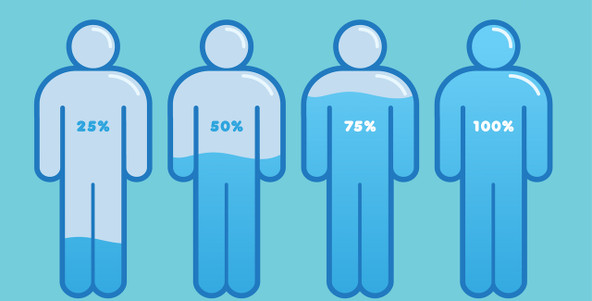Jan 23rd 2024
Fluroide - Damaging the Brain
Fluoride is one of the biggest medical frauds in history. Fluoride is an extremely powerful toxin that has for more than a half century been falsely promoted as preventing dental cavities. Fluoride causes a wide array of severe health problems, including cancer, hyperactivity and/or lethargy, muscle disorders, and damage to immunity, teeth and bones. And as studies continue to confirm, fluoride damages the brain. A recent study in the Journal of Hazardous Materials concluded that chronic exposure to elevated levels of fluoride results in decreased memory and learning ability. Levels of fluoride in drinking water, within the range of levels currently allowed, negatively impact children’s intelligence. Numerous studies in humans have found an association between high levels of fluoride in drinking water and reduced intelligence. More than 100 animal studies have linked fluoride to brain damage. The Centers for Disease Control reports that 41 percent of 12 to 15 year-olds have dental f…
read more Fuel your life with the purest vitamins
Fuel your life with the purest vitamins

